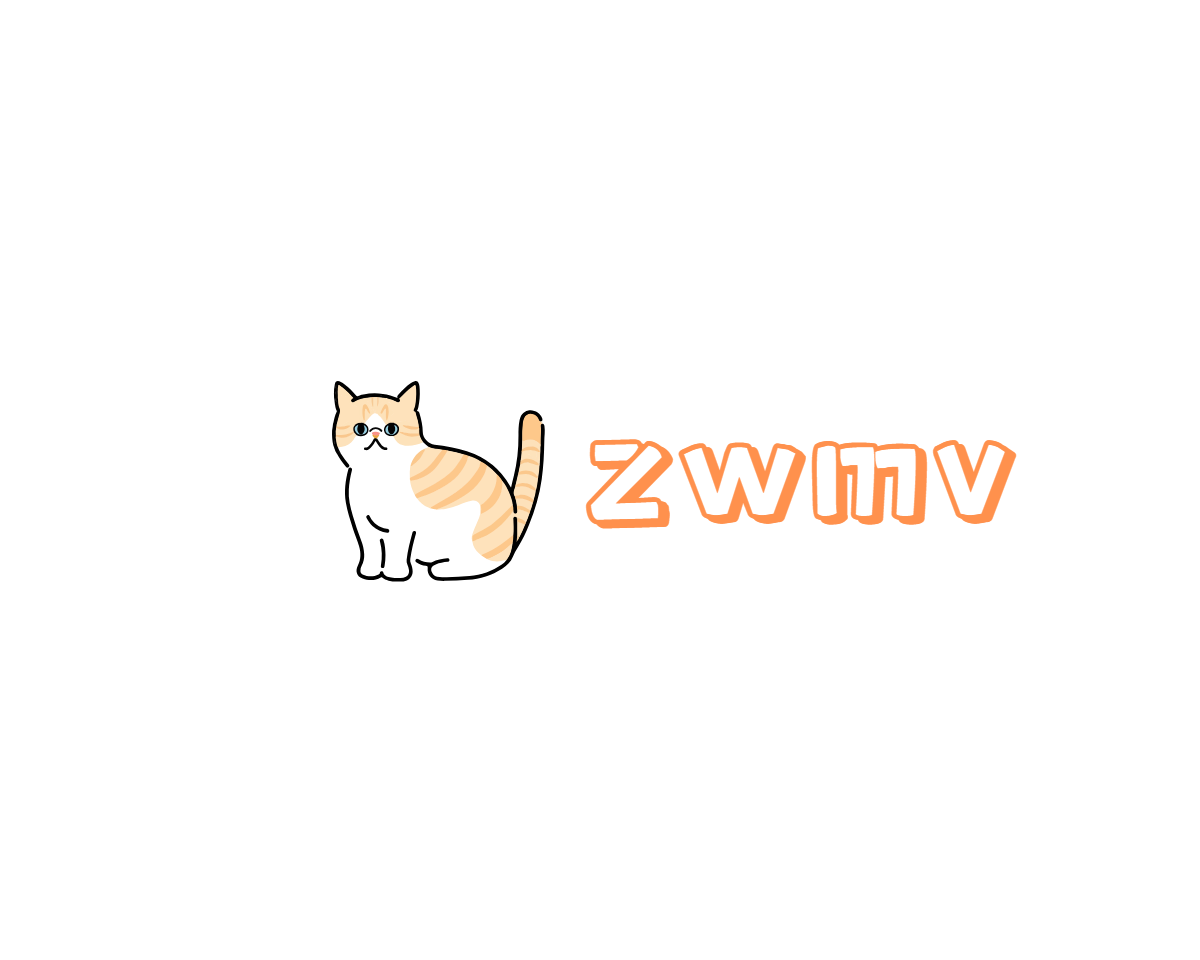Protein is a cornerstone of animal nutrition, playing a crucial role in maintaining health, supporting growth, and ensuring overall well-being. For every animal, from livestock to pets, adequate protein intake is fundamental to life. Understanding the importance of protein in animal diets can help pet owners, farmers, and veterinarians alike make informed decisions about feeding practices that meet the unique needs of different species. This article explores the vital role of protein in animal nutrition, why it is essential, and how it affects growth, development, and general health.
What is Protein and Why is It Important?
Proteins are complex molecules composed of amino acids, which serve as the building blocks for cells, tissues, enzymes, hormones, and antibodies. They are indispensable for numerous physiological functions, including muscle development, repair, immune response, and metabolic processes.
Animals need protein to support the continuous turnover of cells within their bodies. Whether it’s a pet cat, a working dog, a dairy cow, or a meat-producing pig, protein ensures that the animal can build and repair body tissues, produce milk, eggs, or wool, and maintain a strong immune system.
Amino acids are categorized into two groups: essential and non-essential. Essential amino acids cannot be synthesized by the animal’s body and must be provided through their diet. Non-essential amino acids, on the other hand, can be synthesized internally. The balance of essential amino acids in a diet is critical for optimal health and productivity, as an imbalance can lead to poor growth, reduced immune function, and other health issues.
Sources of Protein in Animal Diets
Protein sources for animals can vary depending on the species, their dietary needs, and the purpose of feeding (e.g., maintenance, growth, lactation). Protein can be derived from both animal and plant sources, and the quality and digestibility of protein can significantly impact its effectiveness in the diet.
Animal-Based Proteins: Animal proteins are rich in essential amino acids and are highly digestible, making them an excellent source for both pets and livestock. Common animal protein sources include meat, fish, eggs, and dairy products. In pet nutrition, high-quality dog and cat foods often list meat, poultry, or fish as the primary protein source, ensuring pets receive the necessary amino acids for muscle maintenance and overall health.
Plant-Based Proteins: Plant-based protein sources include soybeans, legumes, grains, and oilseeds. While these sources are often used in livestock feeds and some pet foods, they may not always provide a complete amino acid profile. Soybeans, for instance, are one of the most common plant-based proteins and are used extensively in animal feed due to their high protein content and relative cost-effectiveness. However, supplementation with other protein sources may be needed to achieve a balanced amino acid profile.
By-Products and Alternative Sources: In some livestock production systems, by-products such as bone meal, blood meal, and feather meal are used as protein supplements. These products are cost-effective and offer high protein content, but they must be processed and used correctly to ensure safety and nutrient quality.
Protein Requirements Across Species
Different species have different protein requirements, and these needs also vary depending on the age, activity level, and physiological state of the animal. Let’s explore some of these differences in detail:
1. Dogs and Cats:
Dogs, being omnivores, can digest both animal and plant-based proteins effectively. However, the quality of the protein source is vital to ensure they receive all the essential amino acids they need. Puppies, pregnant dogs, and working dogs have higher protein requirements due to their rapid growth, reproductive needs, or energy expenditure.
Cats, on the other hand, are obligate carnivores and require a diet that is rich in animal protein. Taurine, an essential amino acid for cats, is found only in animal tissues, making animal protein an irreplaceable component of a cat’s diet. A deficiency in taurine can lead to severe health issues, including heart disease and vision loss.
2. Livestock:
- Cattle: Protein is crucial for cattle, especially during stages of rapid growth, pregnancy, or lactation. In dairy cows, adequate protein intake is necessary for milk production and maintaining body condition. Ruminants like cows can utilize both true proteins and non-protein nitrogen (such as urea) due to the action of microbes in their rumen, which convert these sources into high-quality microbial protein.
- Pigs: Pigs have a monogastric digestive system, similar to humans, meaning they require a diet that includes high-quality, easily digestible proteins. Piglets need higher levels of protein for growth, while sows need sufficient protein for successful reproduction and lactation.
- Poultry: Chickens and other poultry species require a diet rich in high-quality protein to support rapid growth, feather development, and egg production. Methionine, an essential amino acid, is particularly important in poultry diets and is often supplemented to ensure optimal health and productivity.
3. Horses:
Horses are non-ruminant herbivores and have a protein requirement that varies based on their activity level and stage of life. Growing foals, lactating mares, and performance horses need higher protein levels compared to mature horses at maintenance. Alfalfa, soybean meal, and other legume hays are excellent sources of protein for horses.
Balancing Protein in the Diet
Providing the correct amount of protein in an animal’s diet is essential, as both deficiencies and excesses can lead to health problems. A protein deficiency can result in poor growth, muscle wasting, compromised immune function, and reproductive issues. On the other hand, excess protein may lead to increased nitrogen excretion, which can have environmental consequences, especially in livestock production.
Protein Quality: Not all proteins are created equal. The quality of a protein is determined by its amino acid composition and digestibility. High-quality proteins contain all essential amino acids in the correct proportions and are easily digestible. Animal-based proteins generally have higher biological value compared to plant-based proteins due to their complete amino acid profile.
Amino Acid Supplementation: To improve the quality of plant-based proteins, amino acids like lysine, methionine, and tryptophan are often supplemented in animal feeds. This practice ensures that animals receive all the essential amino acids needed for optimal growth and health.
Stage-Specific Nutrition: Protein requirements vary throughout an animal’s life. Young, growing animals require more protein to support their rapid development, while adult animals may need less protein but in a balanced form to maintain their health. Lactating and pregnant animals also require higher protein levels to support milk production and fetal development.
Special Considerations for Protein Feeding
1. Protein and Exercise: For working dogs, performance horses, and other animals with high activity levels, adequate protein is essential to support muscle maintenance and repair. However, it is crucial to provide a balance of protein and energy, as insufficient energy intake can lead to the breakdown of muscle tissue for energy.
2. Protein Digestibility: The digestibility of protein affects how well animals can utilize it. Poorly digestible proteins pass through the digestive tract without being fully absorbed, leading to wastage and potential digestive upset. Ensuring that the diet contains highly digestible protein sources helps maximize nutrient absorption and reduces waste.
3. Environmental Impact: In livestock production, the type and amount of protein in the diet can impact the environment. Overfeeding protein can lead to excess nitrogen excretion, contributing to soil and water pollution. Precision feeding—providing the exact amount of protein needed based on the animal’s requirements—can help minimize this environmental impact.
Signs of Protein Deficiency or Excess
Signs of Protein Deficiency: Animals that do not receive enough protein may exhibit stunted growth, weight loss, poor coat quality, decreased appetite, and a weakened immune response. In livestock, reduced milk or egg production may also be observed. Addressing a protein deficiency involves assessing the diet and incorporating higher-quality protein sources or supplements.
Signs of Excess Protein: While protein is essential, feeding too much can also have drawbacks. Excess protein is metabolized, and the by-products are excreted in the urine. This process can place additional strain on the kidneys, particularly in older animals or those with pre-existing kidney issues. In livestock, excess protein can lead to environmental concerns due to increased nitrogen excretion.
Conclusion
Protein is an indispensable component of animal nutrition, influencing growth, development, reproduction, and overall health. Whether you are feeding a family pet or managing livestock production, understanding the role of protein and ensuring a balanced, high-quality diet can make all the difference in promoting animal well-being and productivity. By choosing appropriate protein sources, balancing amino acid profiles, and adjusting protein levels based on life stage and activity, you can help ensure that animals thrive and reach their full potential.








